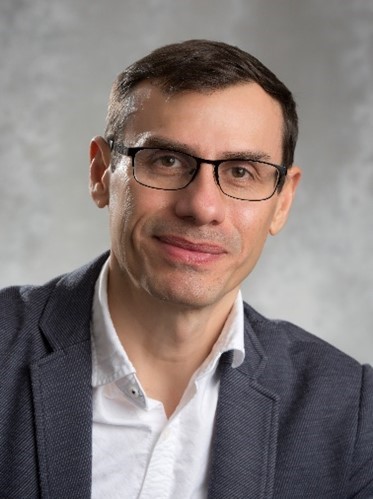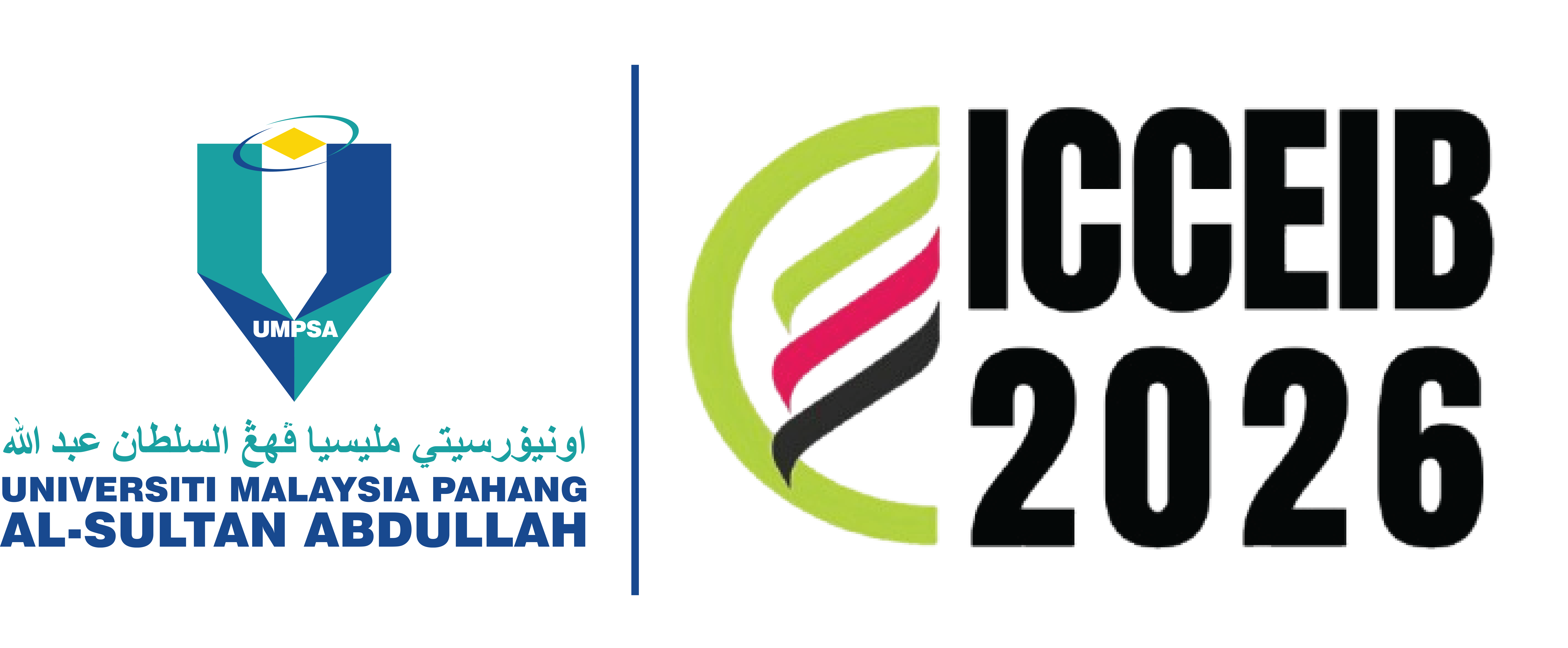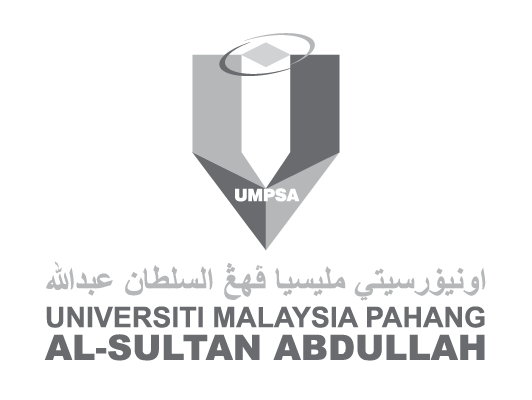
Professor Dr. Luis Ricardez-SandovalProfessor at the Department of Chemical Engineering
University of Waterloo, Canada
Member, American Institute of Chemical Engineers (AIChE)
Member, Professional Engineers Ontario (PEO)
Member, Canadian Society for Chemical Engineering (CSChE)
University of Waterloo, Canada
Member, American Institute of Chemical Engineers (AIChE)
Member, Professional Engineers Ontario (PEO)
Member, Canadian Society for Chemical Engineering (CSChE)
Dr. L. Ricardez-Sandoval is a Professor in the Department of Chemical Engineering at the University of Waterloo (UW). Dr. Ricardez-Sandoval holds a Canada Research Chair (Tier II) in Multiscale modelling and Process Systems and leads the development of optimal design and operations management methods under uncertainty, the development of novel CO2 capture and conversion technologies aimed at reducing the carbon footprint, and computer-aided design of new materials.
Dr. Ricardez-Sandoval has published more than 180 journal articles, 48 full-length peer-reviewed conference papers, 3 book chapters and 1 book. Dr. Ricardez-Sandoval (h-index: 46) has 7 publications that each have been cited more than 100 times and has published numerous publications on optimal process integration, atomistic and molecular design of novel catalyst materials for CO2 conversion, carbon nanotube growth, oxy-fuel combustion technologies, and on the implementation of machine learning (ML) methods for the optimal design and manufacture of nano-scale materials.
Dr. Ricardez-Sandoval‘s novel contributions in optimal process integration, multiscale modelling, process systems and CO2 capture technologies have been widely recognized by delivering multiple plenary and keynote talks at international conferences, leading the organization of top-tier conferences (e.g. International Program Chair: 2022 DYCOPS-CAB IFAC Symposium) and receiving multiple research-related awards, e.g. Waterloo Instituto of Nanotechnology (WIN) Research Leader in 2023, NSERC Discovery Accelerator Supplement (2017) and Ontario’s Early Researchers Award (2015).
Dr. Ricardez-Sandoval is currently associate editor of the Canadian Journal of Chemical Engineering. Also, he is an active member of the NSERC’s Discovery grants committee panel and the Platform thematic committee of the Energy Modelling Hub towards 2050 Net-zero emissions in Canada. More information about Dr. Ricardez-Sandoval’s research can be found at the following link:
Dr. Ricardez-Sandoval has published more than 180 journal articles, 48 full-length peer-reviewed conference papers, 3 book chapters and 1 book. Dr. Ricardez-Sandoval (h-index: 46) has 7 publications that each have been cited more than 100 times and has published numerous publications on optimal process integration, atomistic and molecular design of novel catalyst materials for CO2 conversion, carbon nanotube growth, oxy-fuel combustion technologies, and on the implementation of machine learning (ML) methods for the optimal design and manufacture of nano-scale materials.
Dr. Ricardez-Sandoval‘s novel contributions in optimal process integration, multiscale modelling, process systems and CO2 capture technologies have been widely recognized by delivering multiple plenary and keynote talks at international conferences, leading the organization of top-tier conferences (e.g. International Program Chair: 2022 DYCOPS-CAB IFAC Symposium) and receiving multiple research-related awards, e.g. Waterloo Instituto of Nanotechnology (WIN) Research Leader in 2023, NSERC Discovery Accelerator Supplement (2017) and Ontario’s Early Researchers Award (2015).
Dr. Ricardez-Sandoval is currently associate editor of the Canadian Journal of Chemical Engineering. Also, he is an active member of the NSERC’s Discovery grants committee panel and the Platform thematic committee of the Energy Modelling Hub towards 2050 Net-zero emissions in Canada. More information about Dr. Ricardez-Sandoval’s research can be found at the following link:
Optimal Process Integration of Chemical and CO2 capture and Utilization Systems: A Path to Achieve Sustainability and Net-Zero Emissions
Current trends in climate change and the need to make effective and strategic use of natural resources are changing our world and current driving major initiatives. Chemical and manufacturing processes including decarbonization and energy systems are not immune to these changes and instead play a critical role in the development of new emerging technologies (or retrofit of existing technologies) that can reduce global warming effects, improve process sustainability. Innovation is a critical component to meet global targets (e.g., carbon neutrality) and enable the development and eventual adoption of technologies that do not exist nowadays. A comprehensive and multi-disciplinary approach is thus needed to accelerate process innovation and sustainability.
The aim of this talk is to present the recent efforts made by our research group to innovate the fields of optimal process integration, CO2 capture and conversion technologies to accelerate sustainability. In the first part of this talk, we will present novel optimal operations management frameworks based on advanced optimization tools to achieve the grand unification in optimal process integration. This will be followed by a discussion on the development of intensive multiscale models and advanced control strategies for chemical looping, an intensified and emerging CO2 capture technology. In particular, we will present the new chemical looping systems developed in our group using biomass-fueled materials, which have shown great potential to promote decarbonization in our society. The last part of the talk will be focused on presenting our efforts on ways to improve the operability of manufacturing plants using advanced integrated planning and scheduling frameworks. The key challenges, insights and new areas of opportunities that have emerged from our studies in these emerging fields will be presented to further motive the development of novel tools and systematic strategies for the sustainable development of our society.

